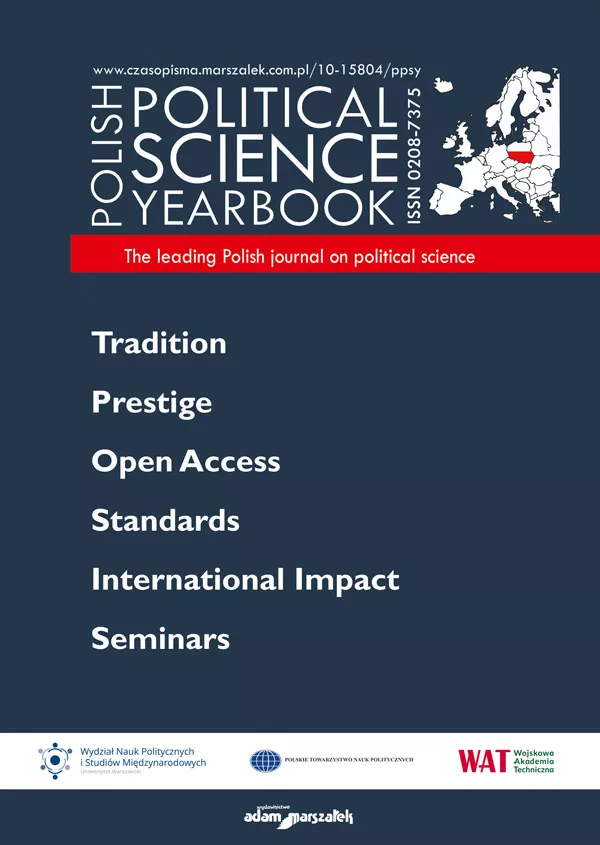Psychosocial Effects of the Pandemic. Stress and Sense of Safety Experienced by Poles During the COVID-19 Pandemic in 2020–2021
Psychosocial Effects of the Pandemic. Stress and Sense of Safety Experienced by Poles During the COVID-19 Pandemic in 2020–2021
Author(s): Robert Piec, Barbara Szykuła-Piec, Izabella Grabowska-Lepczak, Weronika JakubczakSubject(s): Politics / Political Sciences, Politics, Social Sciences, Political Sciences
Published by: Wydawnictwo Adam Marszałek
Keywords: COVID-19; level of stress; sense of safety; resilience; community; safety; psychosocial effects;
Summary/Abstract: The pandemic that broke out in 2019 had a significant impact on the lives of all social groups around the world. The imposed restrictions and mandatory quarantine were crucial to limit the virus’s spread. The research comprises an analysis of the psychosocial impact exerted by the pandemic that attempted to determine the response to the crisis caused by the COVID-19 pandemic and its aftermath. For this purpose, a study on social resilience in the pandemic era was worked out. The study consisted of several parts: stress and the sense of safety, education, trust and defined needs and the mass media in COVID-19. The research team decided to present the study’s results in a series of articles that will contribute to forming a complete picture of the community in the context of the analysed variables. The paper is the first in this series. It contains an analysis of variables intended to determine the level of the experienced sense of safety and its constituent, i.e., stress, and the identification of socio-demographic data strongly influencing the studied variables. The study comprised 559 individuals who were surveyed between May 2020 and November 2020 with the use of an online survey questionnaire. SPSS Statistics version 21.0 and PQStat were used to conduct statistical analyses and correlate and assess the correlation of responses. Also used were Chisquare, Fisher’s test and Pearson’s linear correlation coefficient. A logistic regression analysis was carried out for dichotomous variables. The results of the study indicate that the level of experienced stress is influenced by age, place of residence, gender and job security. The sense of safety is inversely correlated with stress, i.e., as stress increases, the sense of safety decreases, indicating a need to undertake appropriate measures to reduce stress. It may be interesting to compare the level of stress with, among other things, information retrieval from different sources. These results will be presented in the subsequent studies.
Journal: Polish Political Science Yearbook
- Issue Year: 51/2022
- Issue No: 4
- Page Range: 125-139
- Page Count: 15
- Language: English

